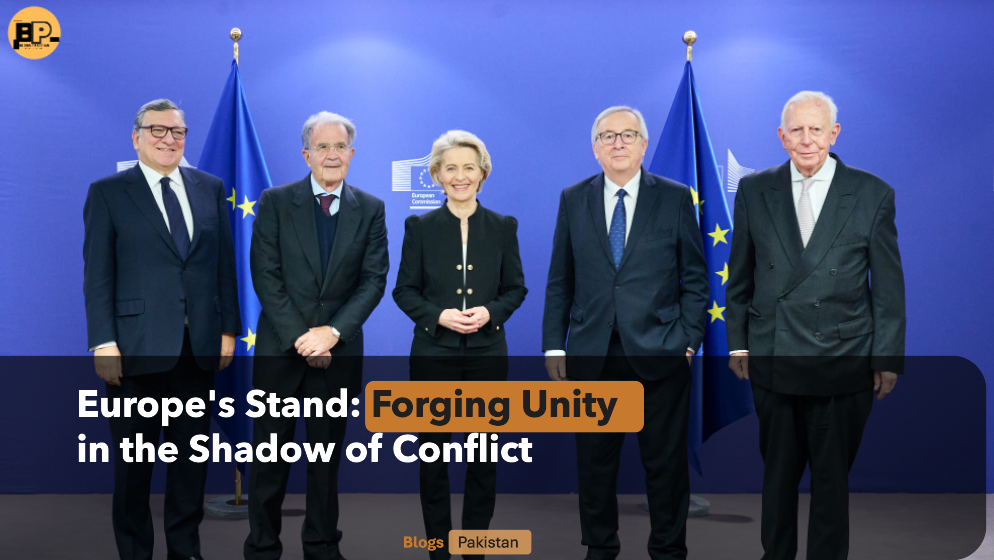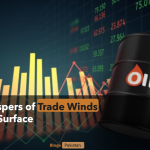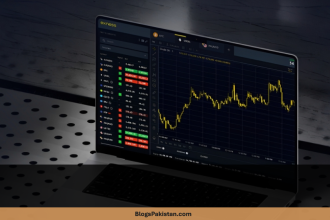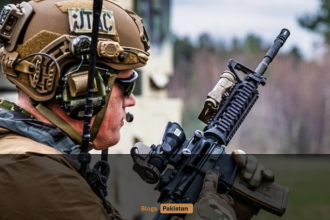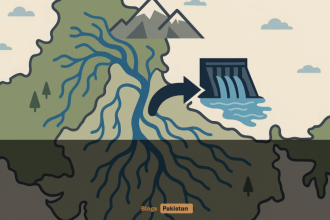The air in London crackled with a sense of urgency as European ministers convened for what was billed as a pivotal discussion. The weight of the ongoing conflict in Ukraine hung heavy, amplified by a recent call from Kyiv’s allies demanding a clear commitment to a ceasefire from Moscow. This gathering of influential European voices, a formation known as the “Weimar+” group, underscored the continent’s resolve in the face of escalating tensions.
A United Front in the Making
This coalition, born from a shared concern over shifting geopolitical landscapes and the imperative of European security, had drawn together representatives from key nations: France, Germany, Italy, Poland, Spain, and the European Union itself. Their presence in London, at the invitation of the UK’s Foreign Secretary, signaled a deepening of collaborative efforts to address the multifaceted challenges posed by the conflict.
The meeting followed closely on the heels of a significant visit to Kyiv by the leaders of France, Germany, Poland, and the UK. Their unified message from the Ukrainian capital was a direct appeal to Russia: agree to an unconditional 30-day cessation of hostilities to pave the way for crucial peace negotiations. This proposal, they asserted, carried the backing of the United States, highlighting a degree of transatlantic alignment on this critical issue.
Diplomatic Maneuvering Amidst Uncertainty
In response to this call, the Russian President proposed direct talks with Ukraine to be held in Istanbul. However, this offer notably omitted any mention of the 30-day ceasefire requested by the European leaders. The Ukrainian President expressed a willingness to meet in Turkey, but his attendance appeared contingent on Russia’s response to the European ceasefire proposal, leaving a degree of uncertainty hanging in the diplomatic air.
Against this backdrop of cautious optimism mixed with underlying tensions, the London meeting of the Weimar+ group took on added significance. The UK’s Foreign Secretary was expected to announce further sanctions targeting those deemed to be supporting Russia’s actions, signaling a continued commitment to exerting pressure on Moscow. This gathering marked the sixth such meeting of the Weimar+ group and the first time the UK had played host, underscoring its active role in shaping Europe’s response.
Strengthening European Security: A Shared Imperative
The agenda for the London talks was clear: to fortify European security and to chart a course towards a just and lasting peace for Ukraine. Discussions were slated to encompass both immediate measures to counter the ongoing aggression and longer-term strategies to ensure the stability of the continent. The presence of high-ranking officials, including the German, Spanish, and Polish foreign ministers, as well as France’s minister for Europe and the EU’s top diplomat, underscored the seriousness with which these nations viewed the situation.
The UK’s Foreign Secretary articulated the gravity of the moment, emphasizing that Europe was facing a “once-in-a-generation moment for the collective security of our continent.” He stressed that the implications of the current conflict extended far beyond the borders of Ukraine, posing an existential challenge to the entire European landscape. His convening of these key partners in London was a clear demonstration of the need for a unified and resolute stance in the face of aggression.
Standing United for Sovereignty and Peace
“I have brought our friends and partners to London to make clear that we must stand together, allied in our protection of sovereignty, of peace and of Ukraine,” the Foreign Secretary stated, his words resonating with a sense of shared purpose. This sentiment echoed across the statements released by other participating nations, each emphasizing the importance of European solidarity in upholding fundamental principles of international law and territorial integrity.
The discussions in London were expected to delve into a range of critical areas. Beyond the immediate need for a ceasefire and the exploration of potential peace talks, the ministers were likely to address the ongoing provision of support to Ukraine, including military, humanitarian, and financial aid. Strengthening sanctions regimes against Russia and exploring avenues for greater European defense cooperation were also anticipated to be key topics of conversation.
The Path Ahead: Navigating a Complex Landscape
The situation remains fluid and fraught with complexities. While the unified call for a ceasefire and the willingness to engage in diplomatic efforts offer glimmers of hope, the lack of an immediate positive response from Moscow underscores the significant hurdles that lie ahead. The commitment of European nations to stand together, as demonstrated by this high-level meeting in London, represents a crucial element in navigating this challenging landscape.
The strength of this unified front, the effectiveness of the sanctions measures, and the unwavering support for Ukraine will be critical factors in shaping the trajectory of the conflict and the future of European security. The discussions in London served as a powerful reminder that in the face of aggression, collective action and unwavering resolve remain the most potent tools for upholding peace and stability on the continent. The echoes of these talks will undoubtedly resonate in the diplomatic corridors and on the ground in the days and weeks to come, as Europe continues to grapple with this defining moment in its history.

